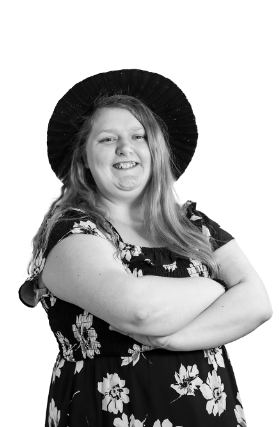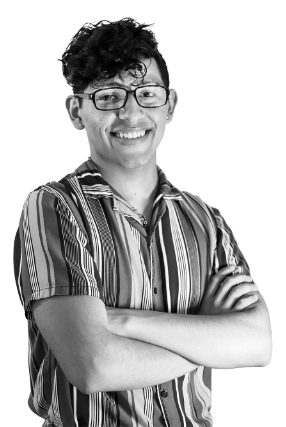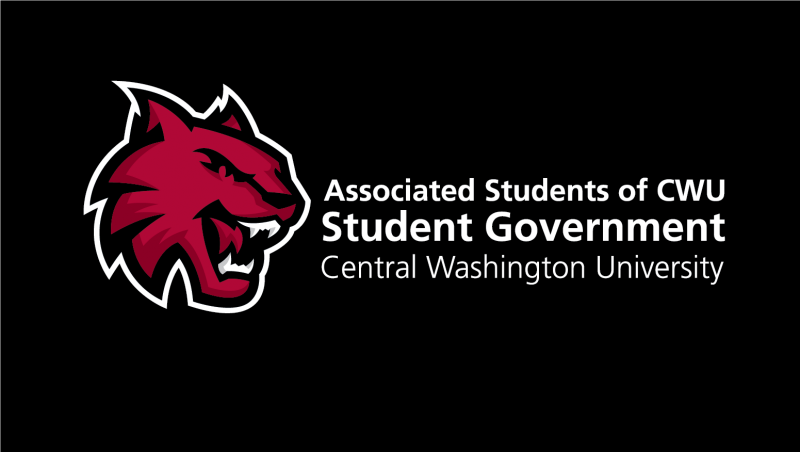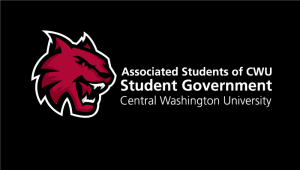Meet the ASCWU presidential candidates
April 26, 2023


Spring marks the start of ASCWU election season, and this year there are two students running for the position of president.
Malik Cantú and Shyanne Sather are both vying for the position of president, going head to head at the podium during the first ASCWU debate of the year on April 13.
All of the positions ran unopposed other than the ASCWU president and the Director of Student Life and Facilities.
Presidential candidates
Shyanne Sather
Shyanne Sather was a late presidential candidate into the election cycle, and said she is running on a platform of student involvement.
“I love to work with people,” Sather said. “I want to make changes and I want students to feel empowered to share their voices.”
According to Sather, she specifically wants to focus on involving students in the decision making process, a policy that Sather said she wishes the prior administration had done.
“I think our prior administration did a wonderful job this year,” Sather said. “But I would love to be able to get more involved with students and try to get their input and advice.”
Sather said she wants to implement policies that would benefit the lives of CWU students, and if she manages that she will have accomplished her goals.
“I want students to feel safe and have fun on campus,” Sather said. “I want them to feel like they have a safe place to go when things are hard.”
Malik Cantú
Malik Cantú was initially going to run for the position of Director of Student Life and Facilities, but ultimately decided that they would rather pursue the presidency.
“Through campaigning and much consideration of my knowledge, experiences, and hopes with ASCWU, I realized that I could best apply my skills to the presidency,” Cantú said.
Cantú said one of the practices they would like to introduce would be to allow other student and student bodies to advocate for their needs, which would be done through what they described as a consent based practice with other student governments.
“Speaking up for yourself, your interests and your concerns can be very intimidating, which often shuts down students from using their voices,” Cantú said. “It can be easy to lose track of those things and feel harmfully vulnerable when there seems to be manipulative expectations in collaborative spaces. Introducing common language and practices that give agency back to vulnerable voices, makes room for enhanced thinking, effective communication and overall empowerment.”



